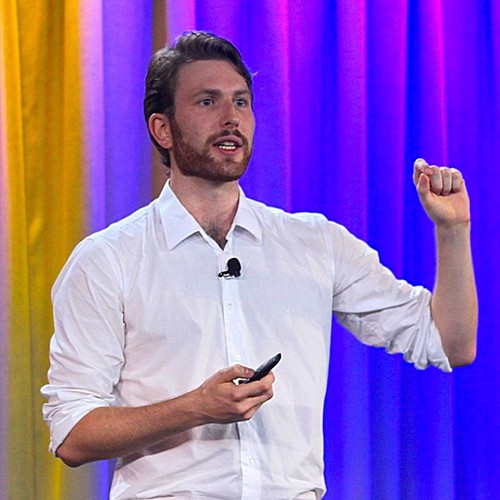
 80,000 Hours Podcast
80,000 Hours Podcast Rob Wiblin on plastic straws, nicotine, doping, & whether changing the long-term is really possible
Sep 25, 2019
In a captivating discussion, David Kadavy, host of "Love Your Work," and Jeremiah Johnson, from the "Neoliberal Podcast," explore intriguing topics with Rob Wiblin. They dive into the role of nicotine in enhancing focus and the misconception about plastic straws in environmental debates. The conversation also touches on the ethics of performance-enhancing drugs in sports, the challenges of information overload, and the moral responsibilities we hold toward future generations. Get ready for a thought-provoking blend of personal insights and global perspectives!
AI Snips
Chapters
Books
Transcript
Episode notes
Nicotine Gum Use
- Use nicotine gum strategically for short bursts of energy and focus, similar to coffee.
- Be mindful of nicotine's addictive nature, like coffee.
Podcast Length Optimization
- Longer podcast episodes can increase total listening time, despite some drop-off.
- Prioritize maximizing listener engagement within a chosen format, not just raw minutes.
In-Depth Interviews
- Longer interviews enable deeper dives beyond biographical info, exploring uncharted territory with guests.
- Maximize unique content by pushing beyond previously discussed topics.













